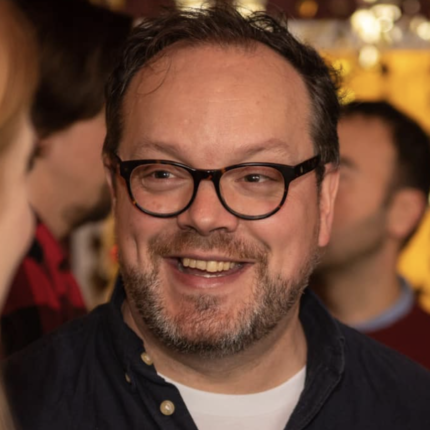Half an hour out South from the centre of Lisbon at the end of a little Metro line is the stunning campus of Nova University’s Science and Technology faculty.
Built back in 1980, the Caparica campus only manages 23 buildings across its 65 hectares – but in and around them there’s sports facilities, cafes, an amazing library, a nursery, bars, mini markets, huge green spaces and even something called a FABLAB.
That provides access to tools and resources for prototyping and small-scale manufacturing, with 3D printers, laser cutters, milling machines, and electronic workbenches that enable students, researchers, and external users to design, develop, and test physical products – from early-stage ideas to functional prototypes.
Doubtless the old open day adage applies – that everywhere looks impressive when the sun’s out – but this really did feel like a great place for its 8,000 or so students to study and live. Except that a tiny number of them live on campus.
This is a proper campus university (faculty) that was built for commuter students – one that doesn’t assume that those who commute will want to leave, but designs in hanging around on it before, during and after classes to do the social capital thing that some pretend commuters don’t want or need.
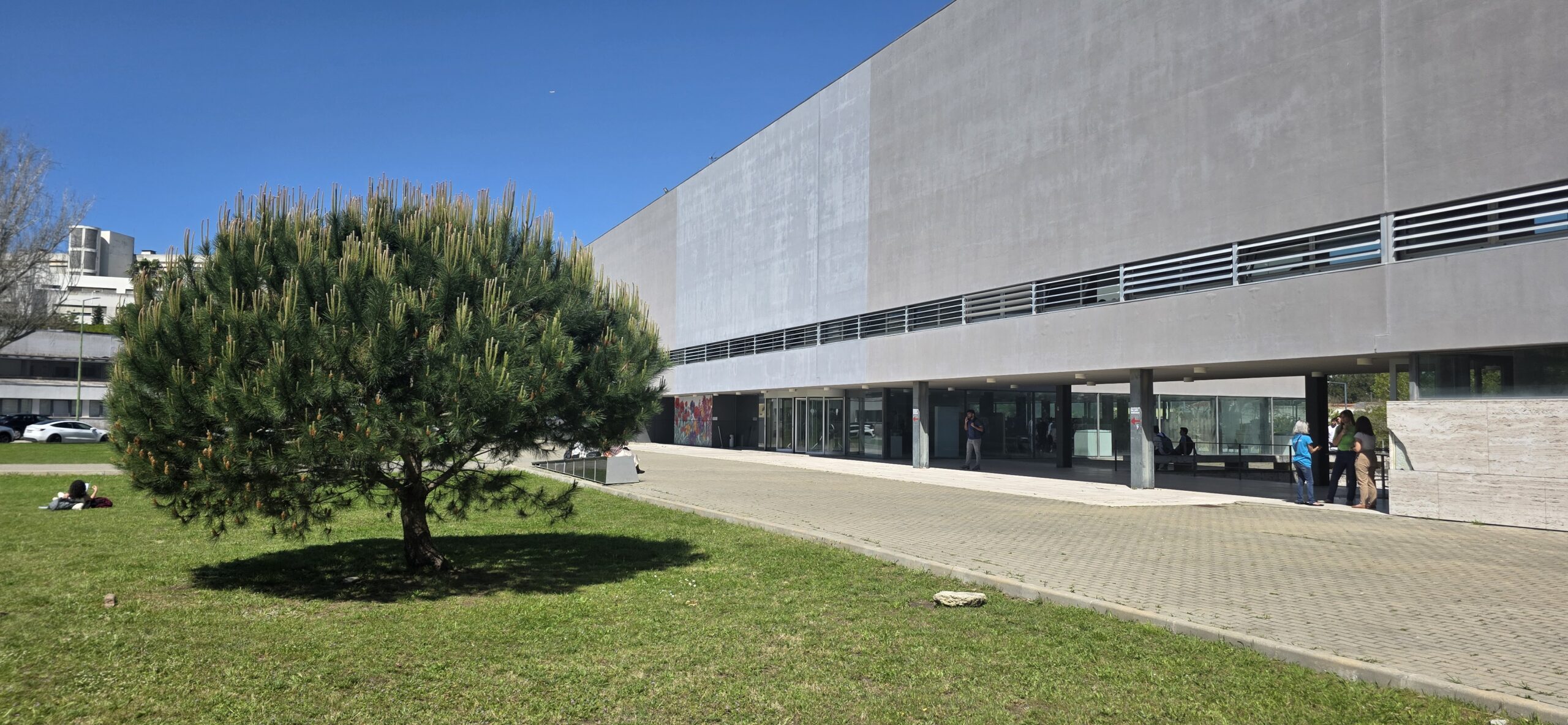
Barbecue protocols
It’s one of the places we’ve visited on Day 1 of the Wonkhe SUs mini-study tour to Portugal, where around 30 students’ union officers and staff from across the UK are on a short trip aimed at building links with and learning from others representing and serving students – and there are plenty of them at NOVA.
AEFCT (the Associação dos Estudantes da Faculdade de Ciências e Tecnologia) is the students union (there’s one for each faculty), and apart from its one employee the whole thing is run by students, covering all the things we might expect it to – there’s a Freshers’ Week and themed parties, over 40 partner groups and associations, a bunch of sports teams covering handball, basketball, football, volleyball, futsal, archery, and esports, and some welfare initiatives.
There’s also plenty of stuff we might not expect it do – dedicated support for on-campus barbecues, academic and careers-related events like its Technological Days (JorTec) and JobFest, social action grants, a whole team supporting both incoming and outgoing mobility (ie Erasmus) and various partnerships across health, well-being, and training.
As such and as ever one of the running themes in our questions was how they find and persuade students to fill their 27-position board and circa 300 volunteer positions – and a running theme popped up again.
Both Filipa (VP of its Mobility Office) and Diogo (President) had been a part of a student family (group social mentoring) structure and had first got involved in the academic association on their course that programmed their first few weeks – and later started to help out, because when 8 students run your social media, that looks like something you could help out with.
We were left thinking, as happens so often in Europe, that we’ve got so good at a professional set of live finals in the UK that we’ve ended up engineering out the auditions, boot camp and six chairs challenges stages of student involvement – and then blame money, or time, or culture for a lack of involvement.
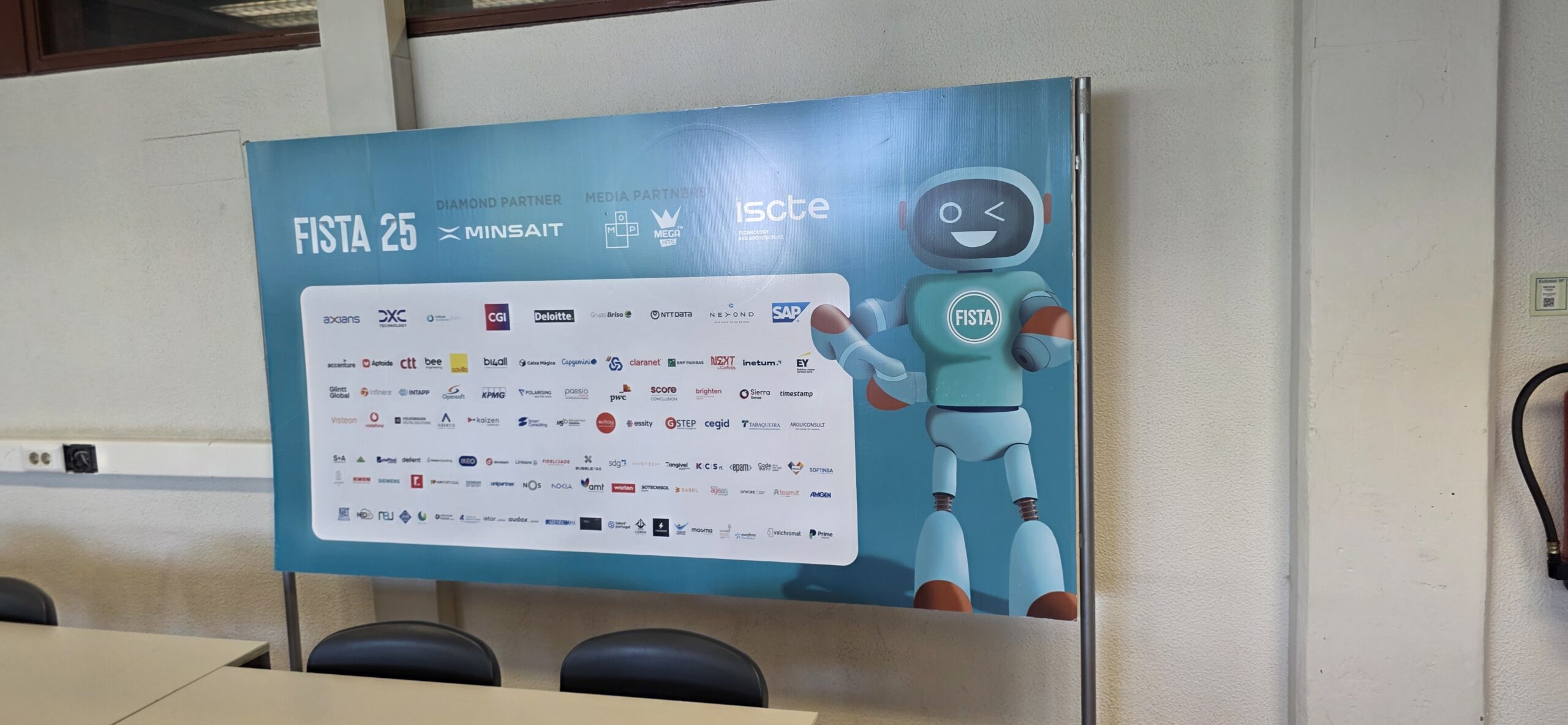
This is not, after all, a country full of rich students – the minimum wage is just €5.02 in Portugal, and a similar percentage of students work a similar number of hours alongside their studies. The critical differences concern what is considered “normal” for students to do and be, the large range of things for them to do that university (or SU) professionals would do for them in the UK, and the huge numbers of spaces for them to do it in.
It’s not at all good news that so many staff are losing their jobs right now across the UK – but some of the space that that frees up really should be opened up to student groups and student activity in the way we’ve seen across Lisbon.
One of the offices we nosied into at the SU at Iscte (Instituto Universitário de Lisboa) for example, was in some ways just a big messy room where the student board members responsible for the nuclei (academic societies formed around larger programmes than we often see in the UK).
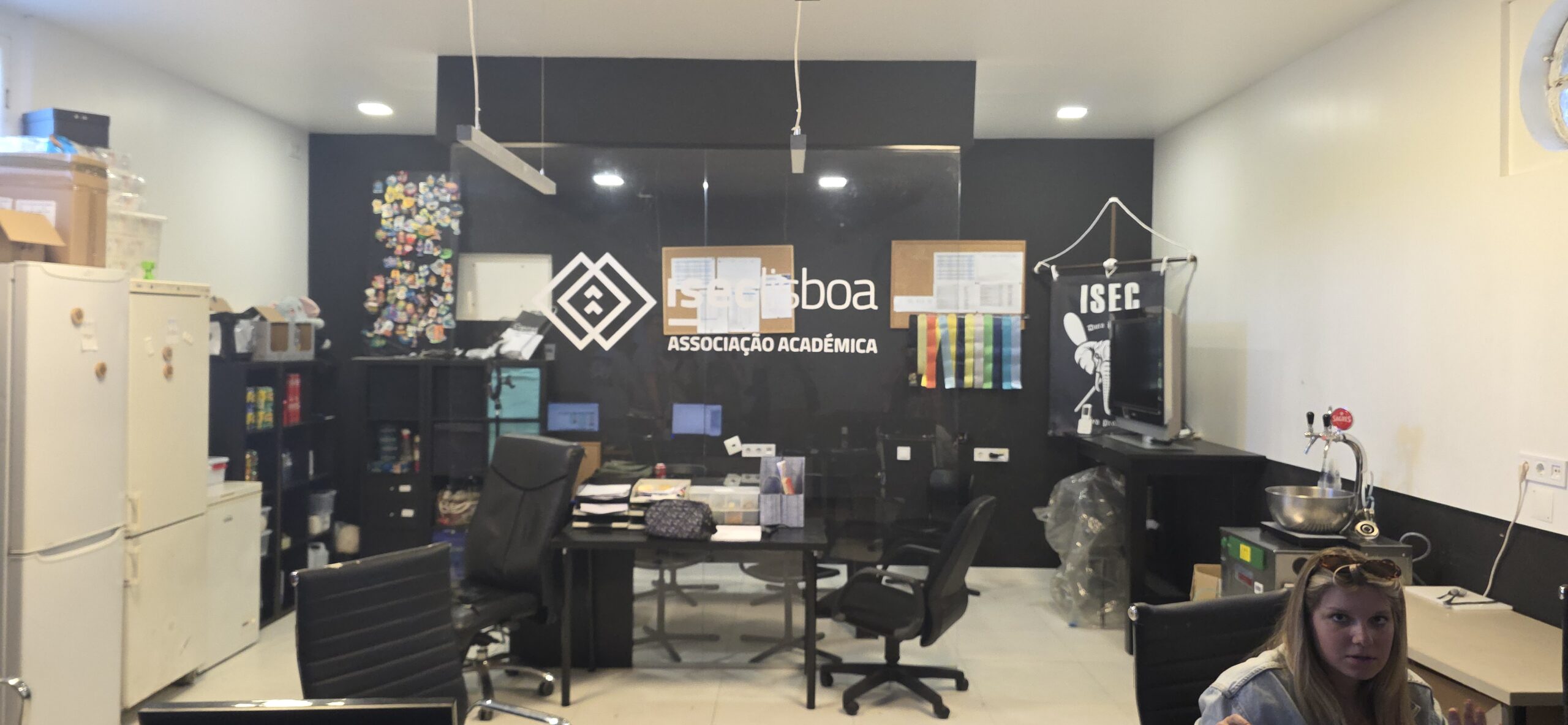
But in other ways we could see how that would become a place to hang out, work together, steal ideas from each other and make huge careers fairs or study skills initiatives happen. It also sends a big signal – that the campus, and the university – is partly theirs to create.
And what a mission statement this is:
- Represent students on campus;
- Promote the cultural education of students, namely through the integration of school problems into economic, social and political reality through true and free information;
- Creation of conditions for students to participate in school activities;
- Interaction between students and teachers for the improvement of the college through future activities;
- Improve and strengthen the relationship between the Association and the Campus for future activities;
- Promote our institute for a more prosperous future;
- Promote educational and integration activities;
- Improve the Association’s space so that students/members have their own educational, social and interaction space.
School plays sell out
As well operating a surreal duo of shipping containers glued together that were full of empty beer kegs, AEISCTE also puts on something called the Festival do Caloiro at the end of Freshers – a 2 day, 17 hour, 18 artist, five stage, four bar, 20 partnership shindig that was nominated last year for “Best Academic and Youth Festival” at the Iberian Festival Awards.
The magic is in the way it’s run – 25 or so volunteers start planning it roughly now, each of the societies and academic associations play a role, and about 200 former or PG students help to run it across the two days of music, comedy and induction activity.
Even though big balls and events have been dying out in the UK, most SUs still scrape together a few major events in September or October often with, if we’re honest, almost no student input at all. School plays, as we often say, sell out.
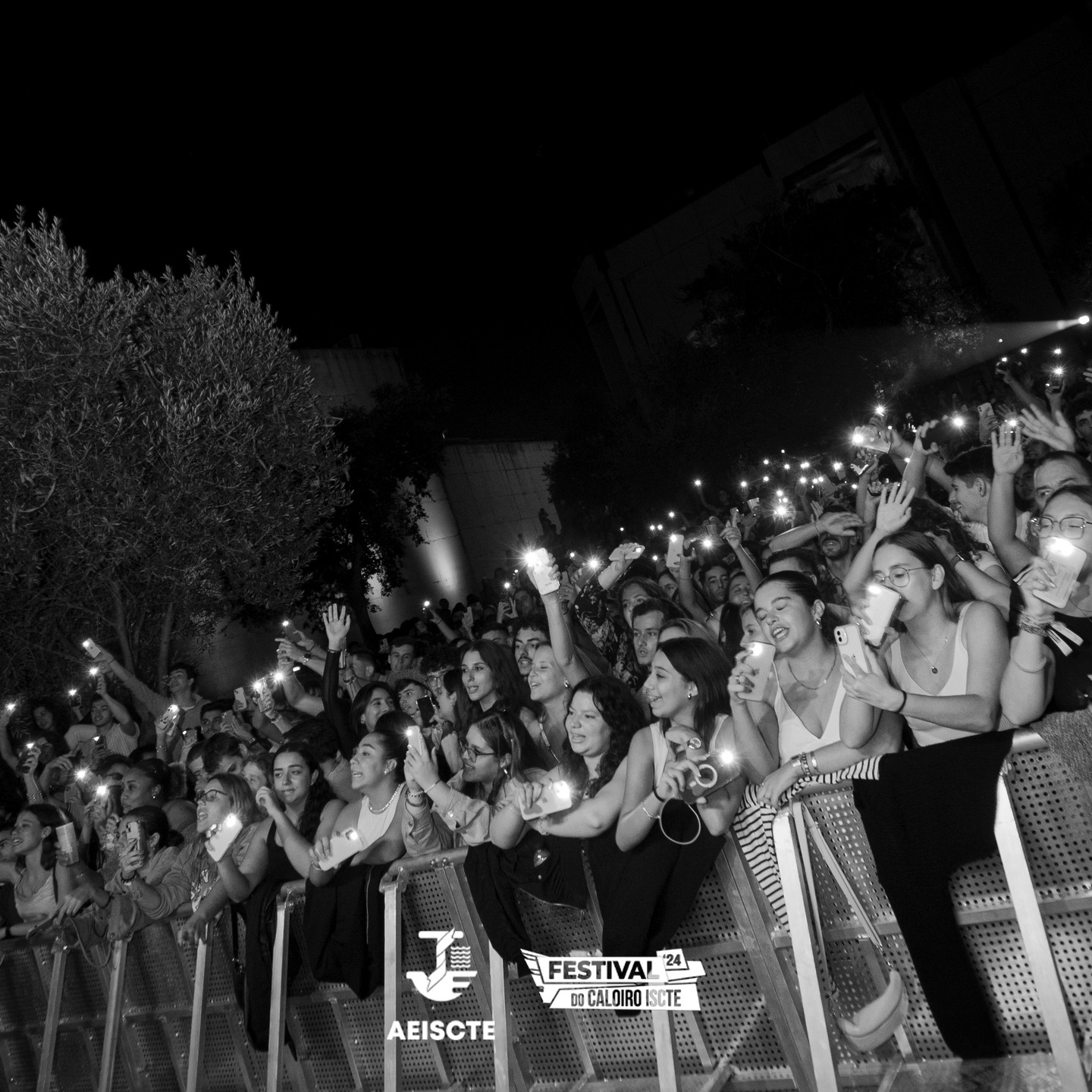
We’ve been to Button Moon
Back at Nova, one of the baffling things we saw when walking onto campus was two students in black capes looking like extras from Harry Potter and the Philosopher’s Stone, one of which was carrying a giant wooden spoon.
This was, we were assured, not only perfectly normal – but also purposeful. The black suit, black cape and white shirt, known as “traje académico” is both worn during official ceremonies and events and day to day, and is a source of some pride, tradition, and integration into the academic community.
A little less overtly than in Finland with their boilersuits, students often personalise their academic dress with patches, especially on the cape – which reflect personal interests, achievements, affiliations, or memories, and can also represent student groups, events attended, or inside jokes – a way for students to make the tradition their own, make memories and express individuality within the “school uniform equality” it represents.
It’s so important that down a corridor near some vending machines and offices, at AEISCTE we found an academic dress shop selling gowns, capes, patches and ribbons – more on those in another blog – and it’s worth noting that the Harry Potter link is real, given that the story goes that JK Rowling saw students in the garb on a holiday to Portugal and incorporated it all into the books.
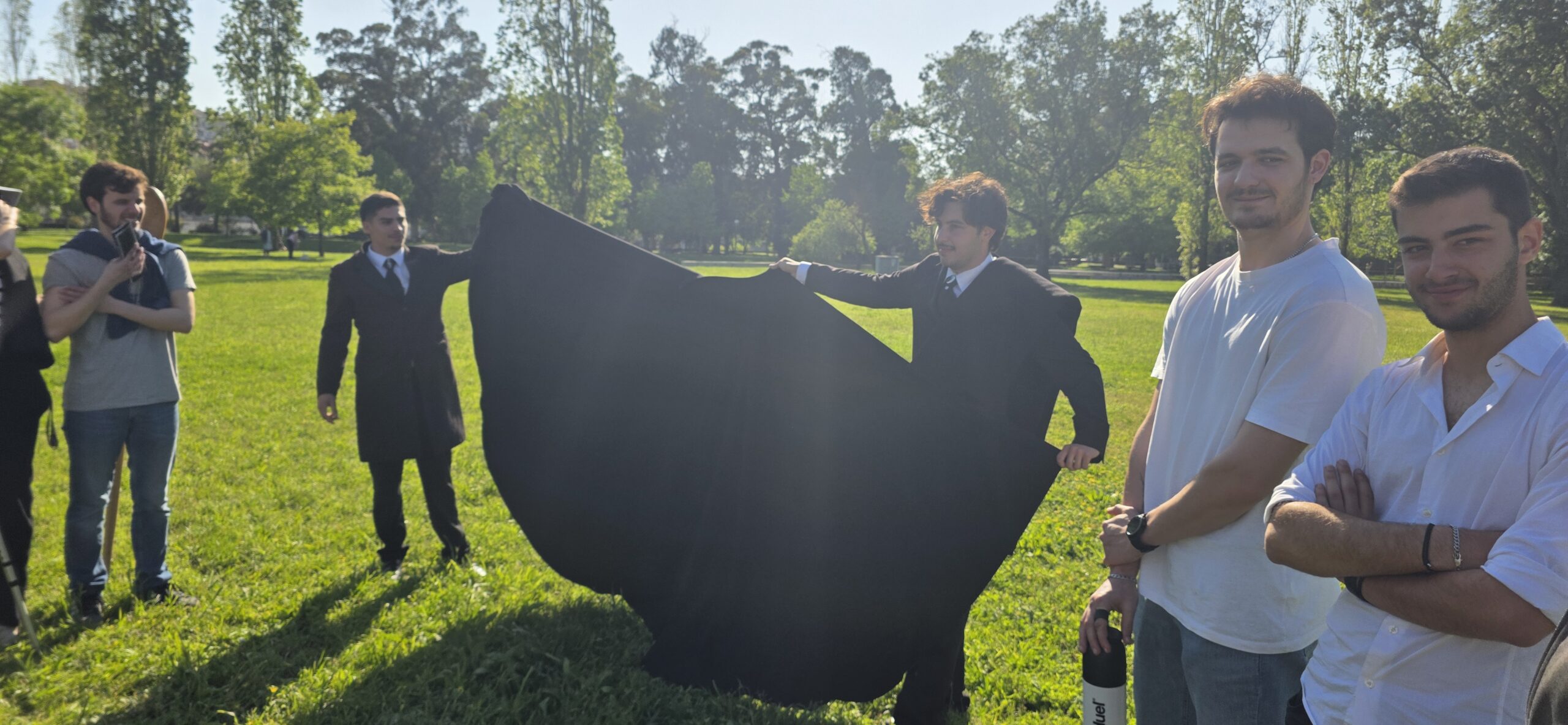
The tradition is one of the rituals and practices in Portuguese universities which are collectively called Praxe – and arguably the most eye (and ear) catching aspect of that collection of is a(nother) student family/group social mentoring structure.
Groups of about 15 students undertake public initiations where new students (caloiros) perform humorous or embarrassing tasks, singing traditional songs, wear parts of the academic dress in specific ways, or complete challenges set by older students (veteranos). Symbolic rituals like the “baptismo” (baptism) or being assigned a “godparent” figure (padrinho/madrinha) are common – and if that sounds like a kind of hazing, you’d be right.
As such, there’s been controversy about it over the decades, including the death of six students back in 2013 at Praia do Meco (Meco Beach) – and while there are still aspects today that many would take issue with, the activities are now largely carried out outdoors and there’s a set of strict codes of conduct which make clear to students how they withdraw or signal discomfort.
What there’s no denying is how effusive the students we met were about the role the practice has played in building belonging outside of the friends they would (or in some cases, wouldn’t have otherwise made.
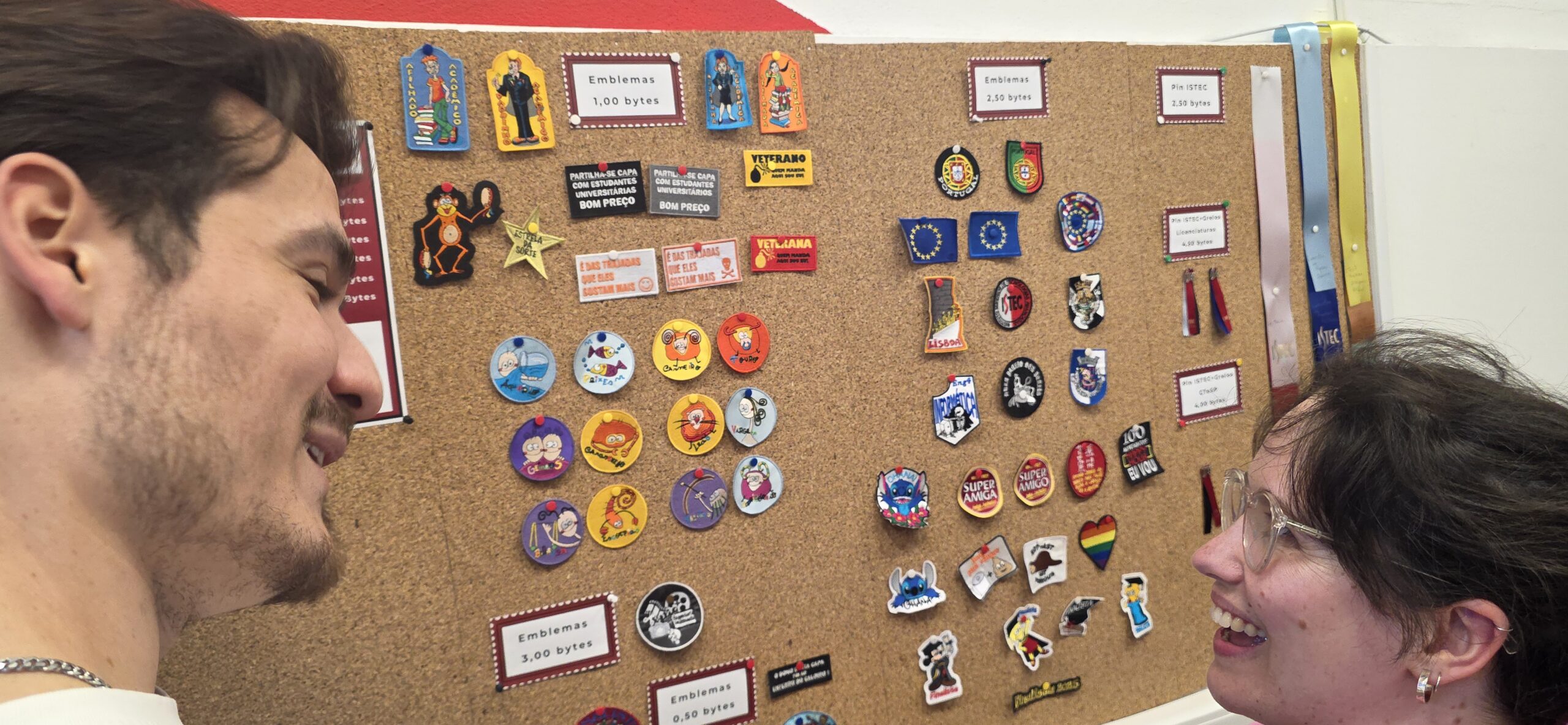
It’s neither likely possible nor desirable to attempt to recreate groups of 15 students doing press-up punishments for touching a spoon in public fields in the UK – but there’s plenty to learn from about structuring some scaffolding that causes all new students to build a group of close compatriates they can trust throughout their time as students from often quite diverse backgrounds.
We’re off to Portugal’s student city now – Coimbra – where it’s a bank holiday celebrating the Carnation Revolution. À sua saúde!




